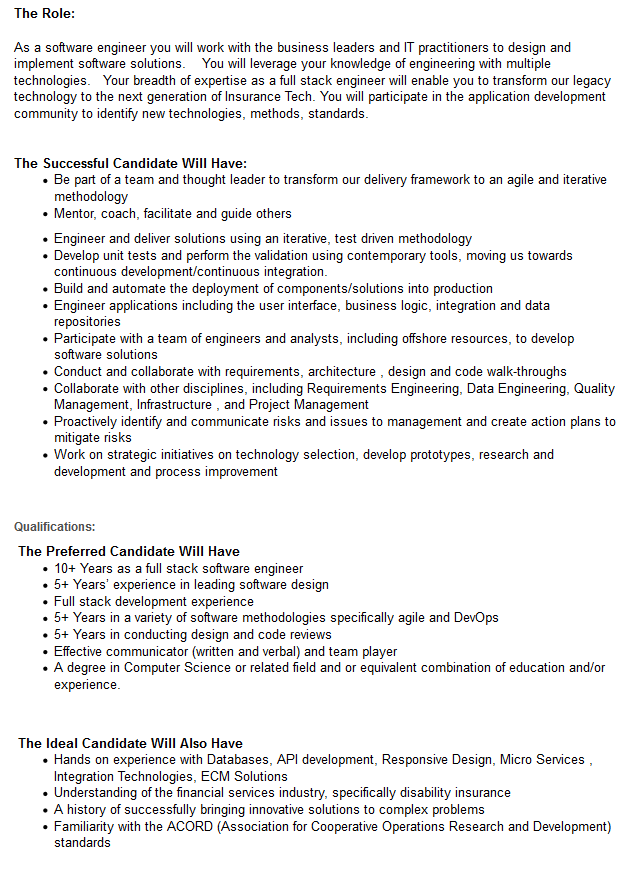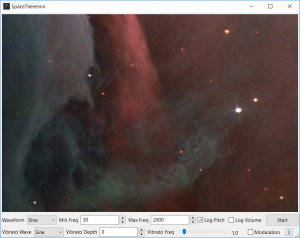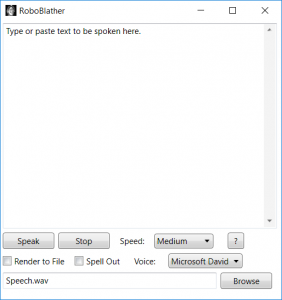Like many Americans, I was exposed to the recorder in grade school. I didn’t much care for it, and the terrible traditional public domain songs we played like Hot Cross Buns made me not really care for music.
Later, in middle school, there was a choir class. At least one mandatory semester. Didn’t like that either. The Old Grey Goose Is Dead didn’t excite me, nor did any of the other old-timey hillbilly music that was public domain.
I didn’t really care for music until around 1991. Most of what I’d heard until then was terrible 1980’s pop or classic “phase 1” butt rock as this Overthinking It post describes it. None of that spoke to me.
It wasn’t until the grunge and alternative movement hit in 1991 that I heard music that I actually liked. Nirvana, Pearl Jam, Stone Temple Pilots, Red Hot Chili Peppers, Alice in Chains, Rage Against the Machine, and Ministry were in heavy play rotation on my cassette walkman. Some of them broke from overuse and had to be re-bought. I am a product my era.
Since I suddenly liked music, I decided to score a cheap pawnshop guitar (around my birthday in 1992). And, being an introvert living in pre-internet middle of nowhere with nothing much to do, I practiced A LOT. I didn’t really get good, but I sure got good at sucking loudly. And I could suck loudly FAST.
So, here’s my music creation history:
1993-1996 Demo tapes as various versions of “Fred” (Guitar, Bass)
This started out with recording onto a cassette deck as “Fred” and evolved into recording to a cheap 4-track cassette deck. I bought a cheap short-scale bass and a basic drum machine in 1994 and added those to the repertoire too. The name got longer with each recording. The progression went Fred -> Blue Fred -> Navy Blue Fred -> The Navy Blue MultiFred Sweater -> The Sub-Neo Navy Blue MultiFred Sweater. None of these recordings saw the light of day. That’s a good thing.
I stopped recording around 1997, though I still noodled around on the bass guitar quite a bit.
However, I have gone back to some of the style I had then. Something may see the light of day under the “Navy Blue Fred” moniker at some point in the future.
2000-2003, 2005-2006 Member of Dr. Kilpatient, Toledo, OH (Guitar, Bass, Synthesizer, Hand Drums, Studio Work)
I contributed to something like 11 or more albums. So many that I lose count. This also includes the New World Orderlies, which released 5 or more albums. A bunch of improvised live music and a bunch of composed, recorded songs made it onto recordings, some of which were unedited live shows, and some of which we spent many months recording and editing. Tomasz Kordowski was the lead genius of this band, and it was the most fun I’ve had making music. I alternated between calling the music “electronic jazz” and “funky industrial techno polka circus rock”. The lineup changed many times over the years, and my main instrument varied from bass to guitar synthesizer, to keyboards (briefly).
Other than a few badly-recorded VHS-quality clips of live shows and a few songs on my Bloodless Mushroom website, not many recordings survive online as far as I know. Certainly nothing on iTunes, Amazon, or Spotify. For the NWO stuff, getting permission from all the musicians involved to formally publish to paying channels would probably be tough since there were 8-20 people who contributed to each album.
1999-2012 Bloodless Mushroom Solo Project (Studio Work, Multi-Instrumental, Bass, Guitar, Synthesizer)
Bloodless Mushroom started as tracker music posted to MP3.com back when it was an indie music portal. Over the years it has waxed and waned as an experimentation platform for synthesizersand fractally-generated music fused with guitars, bass, and tracker-sequenced drums. I refer to it variously as “experimental electronic”, “ambient”, “classical” and “industrial”. It could probably just be called “soundtrack”.
The synthesizer use started with a Yamaha DJX home keyboard and then added a Yamaha TX81Z and Ensoniq ESQ-1, both of which were used throughout the project.
I worked on this in every spare moment I had from 2000-2002. Then I mostly shelved it until 2008 when I wrote some more music and released another album. It was still mostly shelved, with a remix album in 2012. I really don’t consider this “active” in 2004, 2006, 2007, and 2009-2014 other than the few days I worked on it in 2012. I was busy living during most of those years (college, cross-country moves, career change, etc) and didn’t have much time for music.
The five surviving albums from this era are available on all the various streaming and buying platforms — Spotify, Amazon, iTunes, CDBaby, etc. There’s some really interesting stuff in there. And some less interesting stuff.
2006 The White Russians, Columbus, OH (Bass)
This was something I did with a coworker at the time, Luke Kucalaba, and his cousin. We practiced a bunch and had some songs that sounded good (nearly enough for a live show), but I didn’t stick with it because it was classic rock covers, which I don’t really care for. If it’s not all original music, I get bored quickly. Great guys, though. I hope they’re still making music.
2008 The Untermensch Denial, Columbus, OH (Bass)
This one was a bit of a train wreck. It was an industrial band. The drummer was phenomenal. He combined an electronic and acoustic drum kit to great effect. The lead singer was really good. The guitarist was really good. It was really well-written, punchy original music. It could have gone somewhere.
We got our act together well enough to play one gig (on really poor booking terms) which nobody attended. Everything fell apart after that — the whole band was disheartened and life happened to everyone. The drummer moved to Florida. The singer discovered weed. Guitarist had medical issues (recurring problems from a motorcycle accident). I think I was the oldest and most boring person in the band (I had a real job and a house), so I was too uncool to hang out with. It all just kinda fizzled out.
2013-2014 The Freedom Drones, Portland, OR (Bass)
I was kind of the interloper in this project. I moved to Portland, where Tomasz from Dr. Kilpatient fame above lived. He already had something going with Mike Karras, another phenomenal performance artist. It was called “Too Big To Fail”, but another band had the name earlier and they had to change it. It changed to The Freedom Drones.
Practices were always a fun hassle of an ordeal. I was the only one without kids, but I lived as far away as you could live and be in the same metro area (25-mile commute to practice sessions, and since I was mostly working in startups at the time, I was usually tired of life on the weekends). Mike had a newborn, a demanding day job, and a successful improv comedy career, so it was hard for him to make time.
I performed once with them at an open mic night. They performed a couple times without me. Maybe this will be a thing again at some point, but it’s hard to get everyone together in the same room. There’s some brilliant songwriting that deserves to be heard, though. None of the brilliance is my fault.
2015-2017 Bloodless Mushroom, Beaverton, OR (Synthesizer, Guitar, Bass, and Production)
I got back into creating music as Bloodless Mushroom in a big way in 2015. Some of what was on the Marasmius album released that year started as unfinished tracks recorded in 2005. And some no-longer-unfinished tracks from 2005 will be on the upcoming Cymatella album. I also released Lichen (weird fractalesque chill-MIDI tunes) in 2016, Moss in 2017 (fractal classical), and Oreades in 2017 (ambient electronic).
I’ve been working on Cymatella since fall 2015, starting from some ideas that didn’t fit onto Marasmius. It’ll take as long as it takes.
There’s more that needs to be done. Moss and Oreades both have follow-up albums in the same style partially written. They’re tentatively titled “Gymnopus” and “Nothopanus”, respectively. I also want to use the names “Toadstools” and “Calyptella” for something, but I don’t know what yet.
The Future
In addition to the potential creations from Navy Blue Fred and Bloodless Mushroom mentioned above, there’s also a terrible death-punk metal project I’d like to release some music as. I do not know what the future holds, but I don’t doubt it’ll be weird.
I know I’ll never have a professional music career, but I do enjoy creating original music. Even better if it can be performed live.


